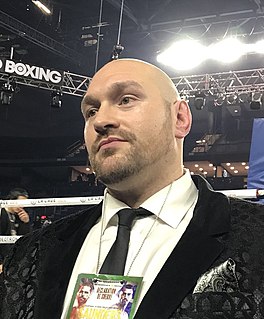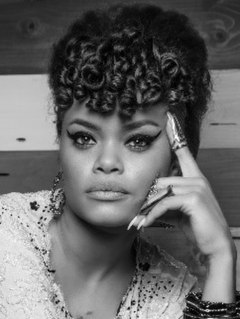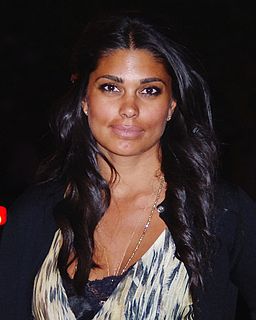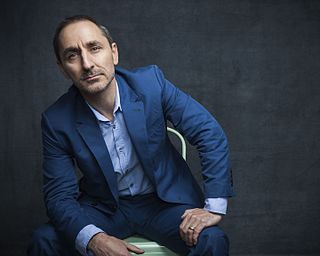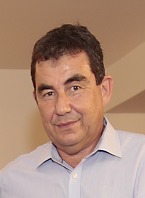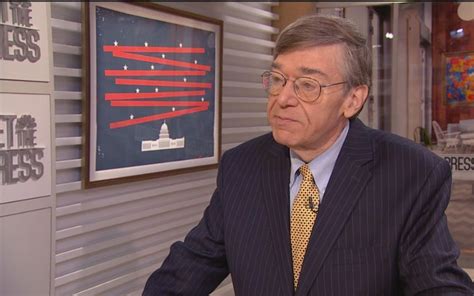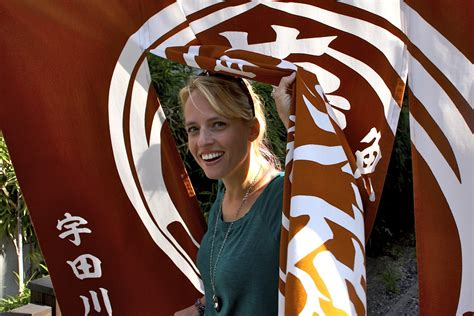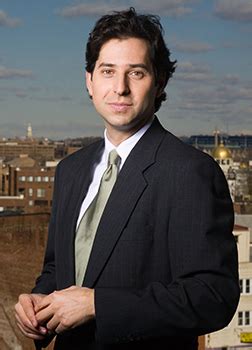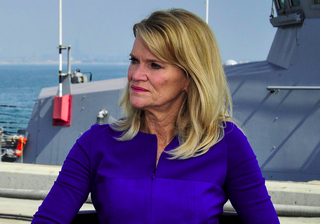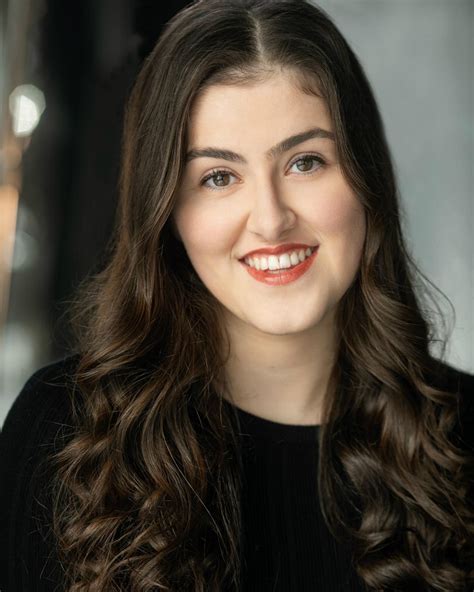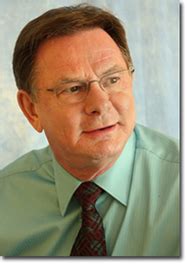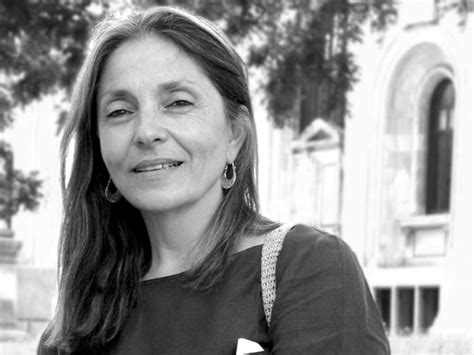A Quote by Ibn Hazm
Two kinds of people live a life without care: one kind are extremely worthy of praise, the other kind are extremely worthy of criticism. The first are those who care nothing for the pleasures of the world and the second (i.e. those who are deserving of criticism) care nothing for haya or modesty.
Related Quotes
If I care to listen to every criticism, let alone act on them, then this shop may as well be closed for all other businesses. I have learned to do my best, and if the end result is good then I do not care for any criticism, but if the end result is not good, then even the praise of ten angels would not make the difference.
That was one of the big problems in the [Black Panther] Party. Criticism and self-criticism were not encouraged, and the little that was given often wasn’t taken seriously. Constructive criticism and self-criticism are extremely important for any revolutionary organization. Without them, people tend to drown in their mistakes, not learn from them.
My father was extremely loving to me and funny and wise and understanding, and at other times extremely demanding, critical, calculating, exacting. When you're a young woman, I think you want to please a lot, so maybe you accept more of the criticism than you would as an older person. But criticism can be very wounding. It certainly was to me.
I am in the fighting game. I don't care about anything else. I don't watch the news, I don't care about politics, I don't care about other sports. I don't care about anything I don't need to care about. This is my sport: it is my life. I study it; I think about it all the time. Nothing else matters.
I am in the fighting game, I don't care about anything else. I don't watch the news, I don't care about politics, I don't care about other sports. I don't care about anything I don't need to care about. This is my sport, it is my life. I study it, I think about it, all the time. Nothing else matters.
If you really want success in life, it's two-fold. You want to be able to take care of yourself and take care of yourself well, but there's the other side in which you want to be able to take care of yourself so that you're a happy person, so that you're passing those qualities and those tools onto your children.
October 6, 1774 I met those of our society who had votes in the ensuing election, and advised them 1. To vote, without fee or reward, for the person they judged most worthy 2. To speak no evil of the person they voted against, and 3. To take care their spirits were not sharpened against those that voted on the other side.



